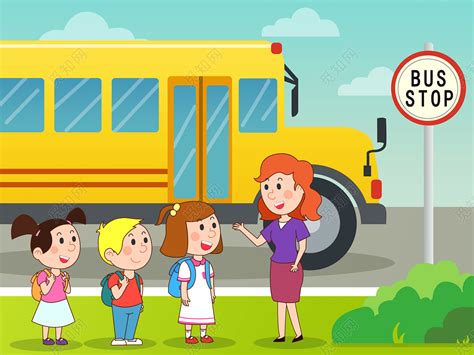Title: Understanding and Addressing the Issue of Pornographic Manga Infringing on Teachers' Rights

Understanding and Addressing the Issue of Pornographic Manga Infringing on Teachers' Rights
With the proliferation of digital media and online platforms, the issue of pornographic manga infringing on teachers' rights has become a pressing concern. This phenomenon raises various legal, ethical, and social questions that demand attention and action.
From a legal standpoint, the creation and distribution of pornographic manga depicting teachers without their consent can constitute copyright infringement, defamation, or even violation of privacy rights. Teachers have the legal right to control how their image is used and portrayed, especially in contexts that could harm their reputation or professional standing.
Beyond legal implications, there are ethical considerations at play. Teachers, as educators and role models, deserve respect and dignity. Pornographic depictions undermine these principles and can have detrimental effects on teachers' wellbeing and morale. It's essential to recognize the harm caused by such content and strive to uphold ethical standards in media representation.
The proliferation of pornographic manga featuring teachers can also have broader social repercussions. It perpetuates harmful stereotypes and contributes to the objectification of educators, ultimately undermining the importance of education and professionalism in society. Moreover, it can create a hostile or uncomfortable environment for teachers, affecting their ability to perform their duties effectively.
To address this issue effectively, a multifaceted approach is necessary:
- Legal Enforcement: Authorities should enforce existing laws related to copyright, defamation, and privacy to hold accountable those responsible for creating and disseminating pornographic manga without consent.
- Education and Awareness: Efforts should be made to educate the public, especially manga consumers, about the ethical implications of consuming pornographic content without consent. Promoting respect for individuals' rights and dignity is crucial in fostering a culture of responsibility and empathy.
- Support for Victims: Teachers who become victims of such infringement should receive adequate support, including legal assistance, counseling, and advocacy to protect their rights and mitigate the impact on their wellbeing.
- Industry Collaboration: Collaboration between manga publishers, platforms, and relevant stakeholders can help establish guidelines and best practices for content creation and distribution, ensuring respect for individuals' rights and professional integrity.
- Policy Development: Policymakers should consider legislative measures to address gaps in existing laws and regulations concerning online content creation and distribution, particularly regarding the protection of individuals' rights and dignity.
The issue of pornographic manga infringing on teachers' rights is a complex and multifaceted problem with legal, ethical, and social dimensions. By acknowledging the harm caused by such content and taking proactive steps to address it, we can uphold the dignity and professionalism of educators while promoting a culture of respect and responsibility in media consumption.









